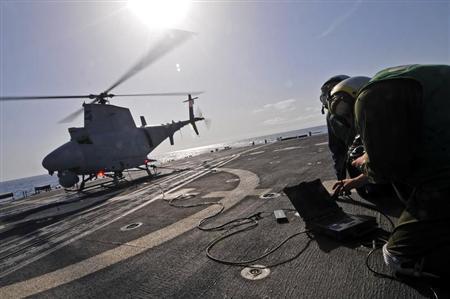
While much recent international attention has been paid to hijackings and piracy off the eastern coast of Africa, the continent’s western coast is also infested with pirates. And while there has been some success thwarting criminals near Somali waters, there hasn’t been no such victory against their counterparts in Nigeria.
The Gulf of Guinea has recently seen an uptick in oil drilling and transportation of cocoa and metals to international markets. Of course, this uptick in economic activity also brings an uptick in piracy. This problem has yet to be seriously address for several reasons.
First of all, ships are not taking the same precautions as they are in areas more famous for their risk. Additionally, national navies have not taken the counter-piracy actions that their counterparts in other areas of the world have. Worst of all, countries with maritime sovereignty have thus far refused the help of international forces, mostly out of the prideful desire to police their own waters. Lastly, geography is part of the issue– while ships in the east are able to travel at high speeds to reduce the risk of being boarded, many ships in the Gulf of Guinea are required to anchor at sea off of Nigeria, turning them into sitting ducks.
Pirate attacks in Nigeria are slightly on the rise this year compared to last year, which is concerning because in other regions they are on the decline. Another worrisome factor is that guns were used in the vast majority of attacks, which cannot be said for other regions in the world, where pirates tend to make use of machetes and blunt objects.
According to Rory Lambrock, an intelligence analyst for private security firm AKE Group, “The Gulf of Guinea presents the most complex maritime security environment for commercial vessels today, due to the range of attacks from smash and grab robberies to hijackings and abduction.”
He went on to say that piracy in the Gulf of Guinea is actually more lucrative than the brand practiced by Somali pirates, because of the quick turnaround for stolen cargo such as oil, as opposed to the long and arduous process it takes to negotiate ransom for hostages.
Yet despite the risk to industry and human life, national governments of states in this gulf are reluctant to let foreign powers police their own waters. Much of the success in Somalia is due to the fact that the government there is not functional enough to even assert claims of sovereignty.
Shipping firms in the Gulf of Guinea may want to follow suit with their eastern counterparts– much of the success in counter-piracy there has come from hiring private security firms to help prepare crews and ships for assault, and even provide security teams to the most valuable cargo ships.
This step may be more important than in other geographic areas, because local countries’ refusal to grant international forces the right to operate in national waters means it is up to the companies themselves to take on counter-piracy efforts.